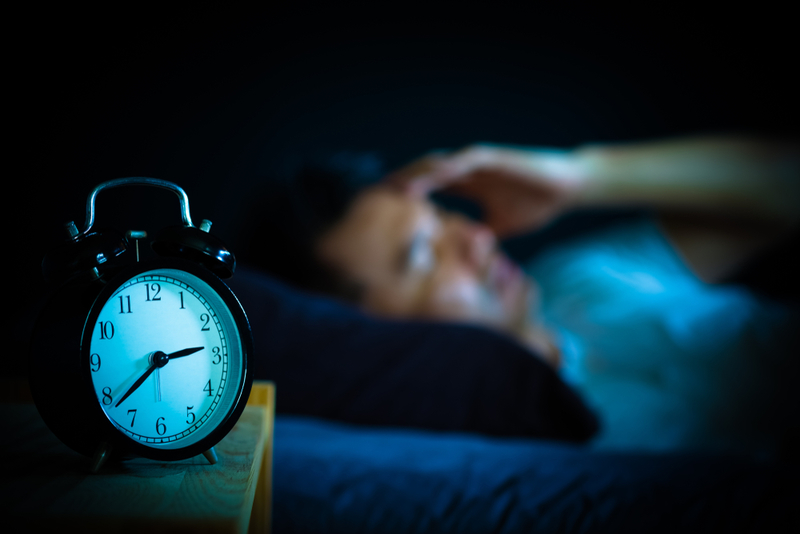Feeling sleepy during the day may trigger Alzheimer's: Johns Hopkins study
IANS Sep 08, 2018
In a significant finding, Johns Hopkins researchers have revealed that those who feel sleepy during the day are nearly three times more likely to develop Alzheimer's disease than those who have a good night's sleep.

An analysis of data captured during a long-term study of ageing adults showed that those who report being very sleepy during the day were nearly three times more likely than those who didn't to have brain deposits of beta amyloid -- a protein that's a hallmark for Alzheimer's disease -- years later.
The finding, reported in the journal SLEEP, adds to a growing body of evidence that poor quality sleep could encourage this form of dementia to develop, suggesting that getting adequate night-time sleep could be a way to help prevent Alzheimer's disease.
"Factors like diet, exercise and cognitive activity have been widely recognised as important potential targets for Alzheimer's disease prevention, but sleep hasn't quite risen to that status -- although that may well be changing," said Adam P. Spira, Associate Professor at the Johns Hopkins' Bloomberg School of Public Health.
Spira led the study with collaborators from the National Institute on Aging (NIA), the Bloomberg School and Johns Hopkins Medicine. "If disturbed sleep contributes to Alzheimer's disease, we may be able to treat patients with sleep issues to avoid these negative outcomes," Spira added.
The study used data from the Baltimore Longitudinal Study of Aging (BLSA) -- a long-term study started by the NIA in 1958 that followed the health of thousands of volunteers as they age. Before adjusting for demographic factors that could influence daytime sleepiness, the results showed that those who reported daytime sleepiness were about three times more likely to have beta-amyloid deposition than those who didn't report daytime fatigue.
After adjusting for these factors, the risk was still 2.75 times higher in those with daytime sleepiness. The unadjusted risk for amyloid-beta deposition was about twice as high in volunteers who reported napping, but this did not reach statistical significance. It's currently unclear why daytime sleepiness would be correlated with the deposition of beta-amyloid protein, Spira said.
One possibility is that daytime sleepiness itself might somehow cause this protein to form in the brain. Based on previous research, a more likely explanation is that disturbed or insufficient sleep due to other factors, causes beta-amyloid plaques to form through a currently unknown mechanism, and that these sleep disturbances also cause excessive daytime sleepiness. "However, we cannot rule out that amyloid plaques that were present at the time of sleep assessment caused the sleepiness," added the researchers.
-
Exclusive Write-ups & Webinars by KOLs
-
Daily Quiz by specialty
-
Paid Market Research Surveys
-
Case discussions, News & Journals' summaries